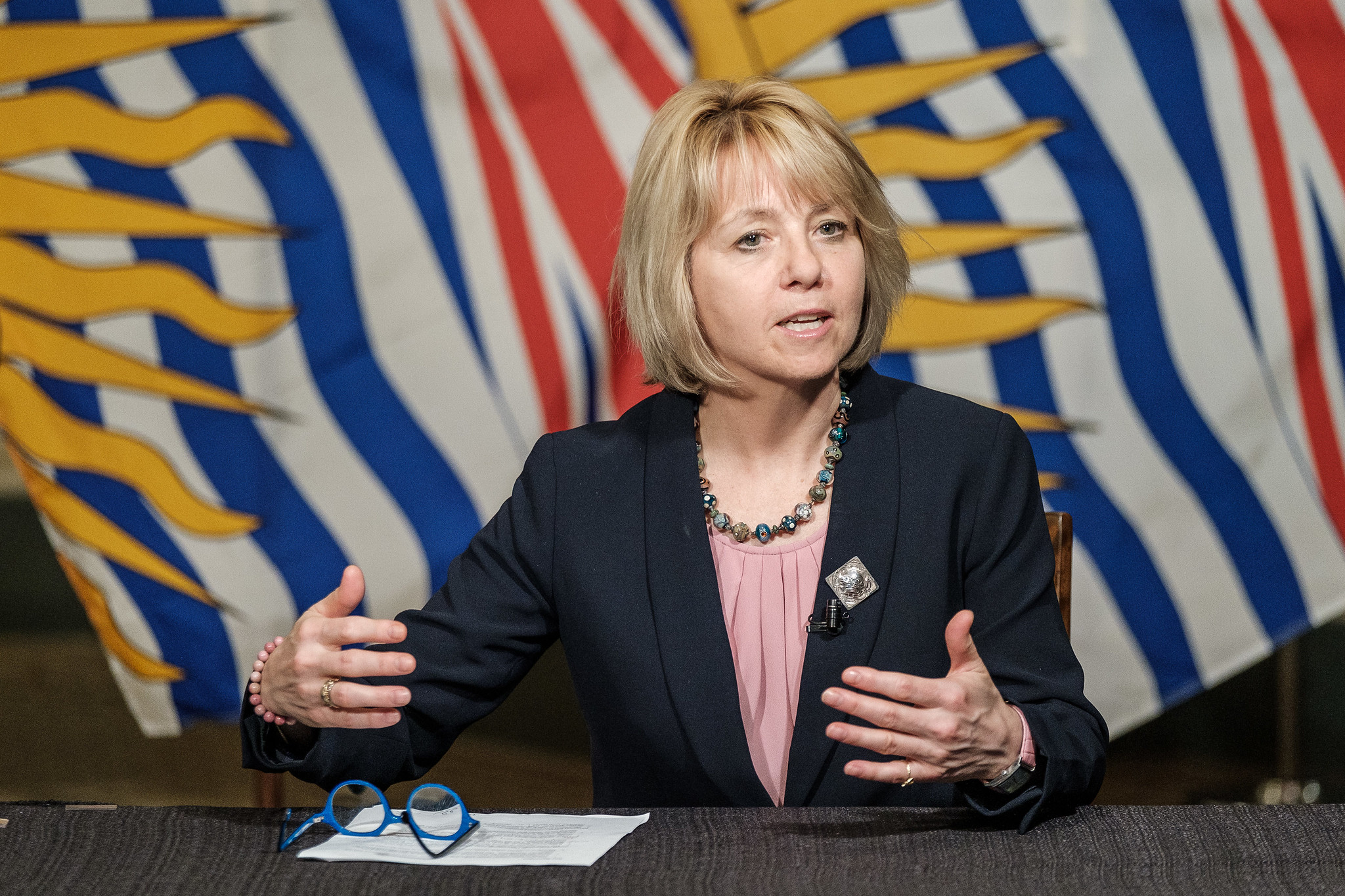(Files by Catherine Garrett-MyPGNow)
BC Health Officials provided updated modelling on the province’s COVID-19 epidemic today, suggesting contact rates since mid-May are at about 65 percent of normal.
Provincial Health Officer Doctor Bonnie Henry says that is essentially the threshold, for the time being.
“As expected following some re-opening, models suggest that British Columbia is now closer to a threshold where renewed growth of cases could occur,” said Doctor Henry.
The model suggests a slight increase in new cases during June and the possibility of continued growth in new cases during the summer.
To maintain epidemic control, she adds, physical distancing, self-isolation for those who feel sick, and a continued focus on hygiene measures are critical.
“We are not seeing an increasing number of hospitalizations and people in ICU (…) we are at a good balance right now, and that’s where we want to stay for the coming months until we have a vaccine,” said Doctor Henry.
“We are at that place right now where we need to keep doing what we are doing.”
Earlier on in the pandemic, British Columbia was seeing a lot of community transmission with no known source, and a large portion of cases also came from international travel.
Most cases are now apart of a local case cluster, with few infections coming from overseas.
The current cases involved with international travelling include Canadians being repatriated from other countries, and a number of cases relating to temporary foreign workers.
In the past 14 days, most of BC’s cases have been concentrated in the lower mainland, with just one infection coming from Northern Health.
The case rate comparison shows the province is well below Quebec and Ontario, and is slightly below Alberta, Saskatchewan, and Nova Scotia, while aligning approximately with Manitoba.
BC also boasts one of the lowest death rates in the country now at 170, in line with Alberta and Saskatchewan.
Meanwhile, the BC Centre for Disease Control is working with other jurisdictions to develop a method to test wastewater for COVID-19 RNA sequences.
Doctor Henry says the research could become an early detection tool in communities.
Mobility metrics are generally increasing from post-intervention lows, but many remain below seasonal norms (based on 2019 data).
Mobility data indicate a continued movement towards pre-intervention activity levels with higher park usage, decrease in time spent in residential spaces and increase in other activities such as groceries, pharmacies, retail, workplace and transit stations.
“As we have relaxed distancing measures, strong contact tracing in BC has provided a buffer against renewed growth of cases,” said Doctor Henry.
As BC’s restrictions continue to loosen, contact tracing needs to be efficient to control transmission, Doctor Henry added.
This means with moderate physical distancing, at least 75 percent of contacts need to be found within three days.
This time frame will get smaller as physical distancing starts to lift.
There have also been 13 new cases of COVID-19 in BC, bringing the total to 2,835.
There has been one more death, a resident of long term care in Vancouver Coastal Health, for 170 overall.
16 people are in hospital, seven of which are in intensive care.
There have been no new cases in Northern Health.
Something going on in the Cariboo you think people should know about?
Send us a news tip by emailing [email protected].








